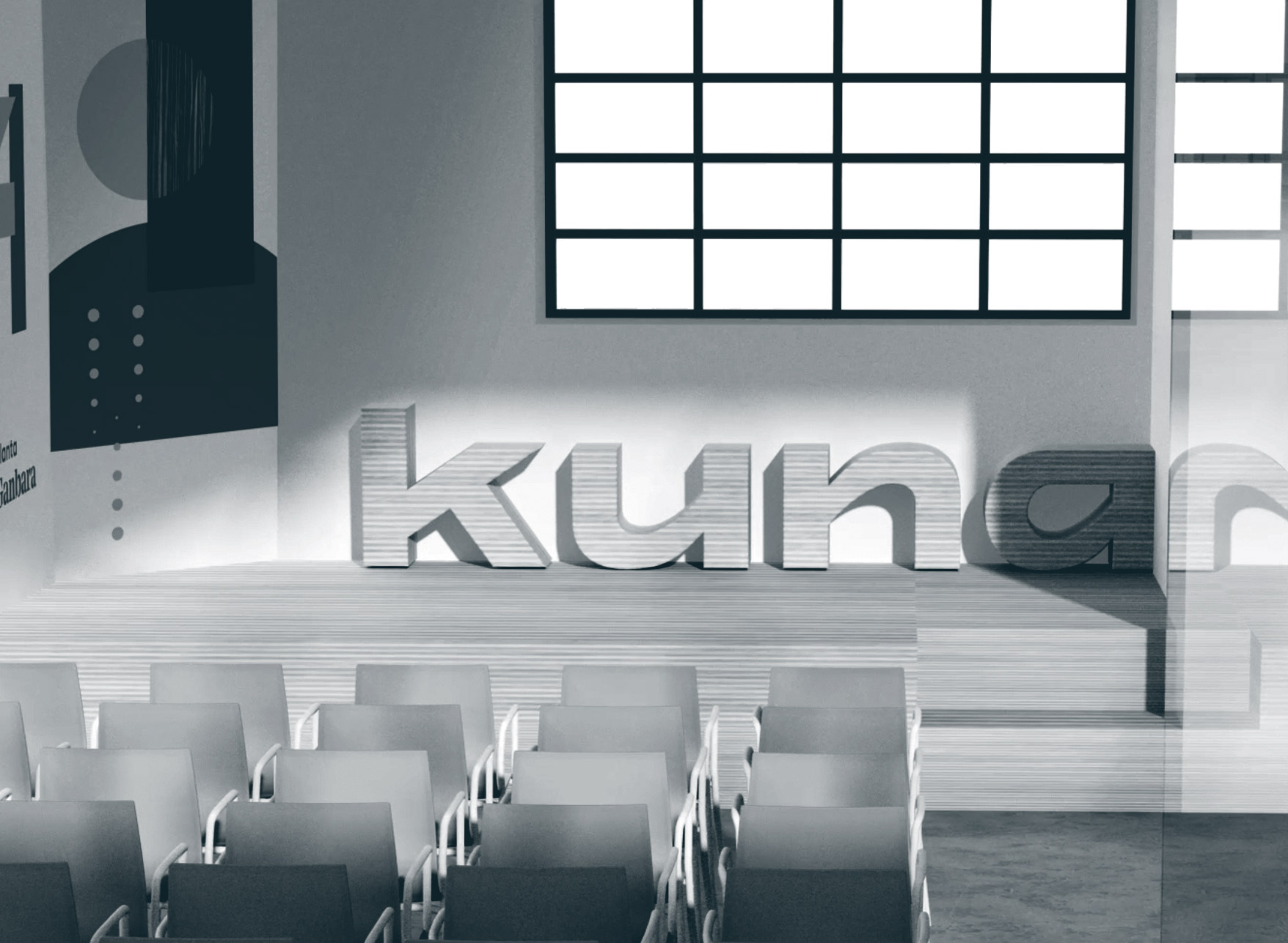
Education and inequality: extracurricular activities, an urgent challenge
Education is a fundamental right and a key pillar for personal and social development. In Bizkaia, we are fortunate to have a quality and free public education system. However, this reality is tainted by the existence of inequalities in the access to extracurricular education, which generates an educational gap that restricts the opportunities of thousands of boys and girls in the territory.
Why are extracurricular activities so important?
Extracurricular activities are an essential complement to formal education. They go beyond mere entertainment and offer boys and girls the possibility to:
- Develop new skills and interests: From learning languages or playing sports to developing artistic or technological skills, extracurricular activities allow boys and girls to explore their talents and discover new passions.
- Strengthen self-esteem and self-assurance: By overcoming challenges and accomplishing achievements in an extracurricular environment, the boys and girls see their self-esteem strengthened and they feel more self-assured.
- Improve their social and communication skills: Extracurricular activities provide opportunities for boys and girls to interact with other children from different environments, they learn to work in teams and develop their communication skills.
- Learn values such as teamwork, discipline and fair play: Extracurricular activities instil values that are fundamental for personal and social development, such as responsibility, respect, cooperation and fair play.
- Enjoy their free time in a healthy and constructive way: Extracurricular activities are a healthy and fun way of making the most of free time, avoiding the exposure to screens and encouraging healthy lifestyle habits.
What are the inequalities in the access to extracurricular activities?
Families with less economic resources cannot pay for their children’s extracurricular activities. And this leads to an educational gap in which families with children who are in a socially vulnerable situation are the most affected: single-parent families, families with persons with disabilities or low-income families.
Therefore, inequality in accessing extracurricular activities translates into less social inclusion and greater difficulties for children achieving their full potential.
What are the consequences of this inequality?
The consequences of the lack of access to extracurricular activities are many and long-term:
- Less development of skills and interests: Boys and girls who have no access to extracurricular activities are deprived of the opportunity to develop new skills and interests, that may limit their future options.
- Low self-esteem and self-assurance: The lack of achievements in the extracurricular environment may negatively affect the self-esteem and self-reliance of boys and girls.
- Difficulties in the social and academic sphere: Social and communication skills developed in extracurricular activities are essential for the success in the school and social setting.
- Social exclusion and marginalisation: The lack of access to extracurricular activities may increase the risk of social exclusion and marginalisation of boys and girls in vulnerable situations.
- Unequal opportunities in adult life: The skills and experiences acquired in extracurricular activities may be determining factors for the access to higher education and the labour market.
What can we do to address this challenge?
In BBK Kuna, we are committed to building a fairer and more inclusive Bizkaia. This is why, we have launched the Kuna-co Proiektuak 2024 call, that seeks to finance social innovation projects to respond to the educational and inequality challenge of extracurricular activities.
What type of projects are we looking for?
We are looking for projects that are:
- Innovative: that propose new and creative solutions to the problem of inequality for accessing extracurricular activities.
- Tangible: that have a real and measurable impact on the children’s lives.
- Replicable: that can be implemented in different areas of Bizkaia.
- Scalable: that can reach a larger number of children in the future.
- Sustainable: that are economically viable.
